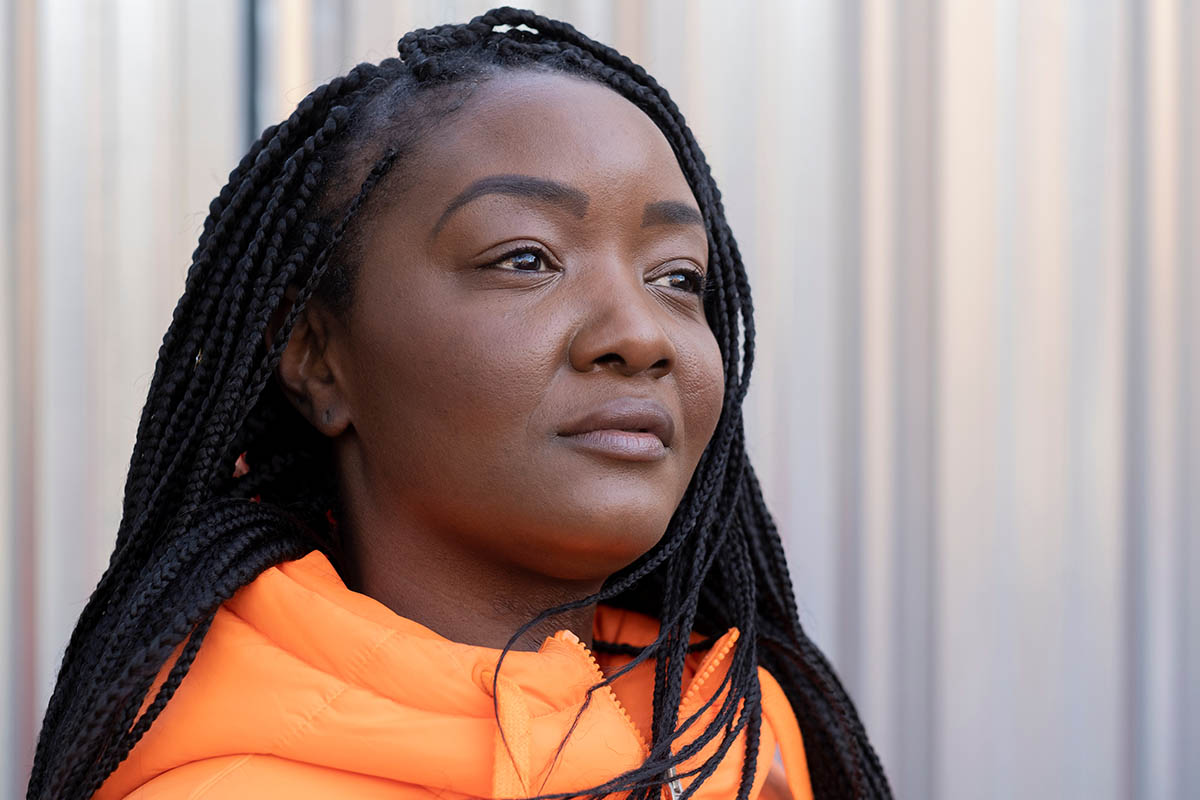Many people struggling to overcome addictions to commonly abused substances deal with self-forgiveness in recovery. At Women’s Recovery, we ensure that women’s self-forgiveness is part of the conversation as we guide our clients in our women’s mental health treatment programs. Call 833.754.0554 to speak with someone from Women’s Recovery about the benefits of self-forgiveness and how to handle the guilt from past addictive behaviors.
What Are the Benefits of Self-Forgiveness in Recovery?
Guilt will keep you up at night. It will haunt you in your sleep and give you nightmares. It will disturb you in the most powerful and profound ways. Forgiving yourself is the only way you will find peace from your gut-wrenching guilt.
There is no cure, remedy, or fix for guilt other than good old-fashioned forgiveness. And, chances are, if you’re recovering from an addiction to heroin, prescription opiates, meth, cocaine, speed, or alcohol, you’ve decided you’ve got a whole lot to feel guilty about.
7 Reasons to Work on Women’s Self-Forgiveness in Addiction Treatment
1. To Forgive Yourself, You Must Understand What Forgiveness Is
Forgiving yourself means saying, “I did it, but it’s done.” Yes, it was wrong. But you say, “I give up my resentment towards myself for committing wrong. I forgive myself. I let go of the past. I acknowledge what I did, but I also acknowledge I cannot change it. What’s done is done. I leave it here. I forgive myself today for what I did not know yesterday.” Forgiving yourself is an integral part of the recovery process.
2. Know That You Do Not Need to Be Forgiven for Becoming Addicted
Addiction is not a moral failing. You haven’t done anything wrong. You don’t need to forgive yourself for becoming addicted. If you’re struggling to find forgiveness for being an addict, know now that your addiction is not your fault—but your recovery is your responsibility.
3. Understand That Forgiveness Is a Process That Takes Time
Guilt is the haunting emotion that keeps us stuck in the cycle of self-pity. You can’t wave a magic wand and do away with guilt. It’s an emotion worked out slowly with time and commitment to change. Many people are frustrated by this, but it is often a reality of the recovery process.
4. If You Want to Forgive Yourself, Stay Committed to Sobriety
If you repeat the same mistake repeatedly, you will give yourself things to feel guilty about. If you’re using drugs or alcohol, stop now and get into treatment. This is the only way to turn off the guilt-making machine. When you stay committed to the recovery lifestyle, you get to feel good about yourself again. If you want to forgive yourself, you must give yourself a reason to stop feeling guilty.
5. Respect the Fact That Everybody Forgives Themselves Differently
Many people in recovery say they woke up one day and decided to forgive themselves. Others say they continued to battle with guilt for years. Don’t focus so much on the event of forgiveness. Stay committed to the process. You can find forgiveness one day at a time—one right decision at a time.
6. Make Amends and Right the Wrongs of Your Past
If you are working on recovery in a 12-step program like Alcoholics Anonymous, you will get to address the wrongs of your past in Steps 8 and 9. Making proper amends to every person you harmed goes a long way in terms of being able to forgive yourself. By continuing to work on the rest of the Steps, you come to forgive yourself. A lot of this will happen when you work on Step 11 and start the practice of meditation.
7. Permit Yourself to Forgive Your Failings
Guilt is what prevents you from forgiving yourself. You may believe you are unworthy of continuing as a happy, healthy human. You may even think, on some level, that by carrying the weight of guilt in your soul, you are repaying the universe somehow. This is simply untrue. It is okay to let go of your guilt. It is okay to forgive yourself.
Find Addiction Treatment in Colorado at Women’s Recovery
Women’s Recovery is dedicated to helping women in addiction recovery overcome the guilt and shame of past addiction. For more information about our programs and services, contact Women’s Recovery today at 833.754.0554.







